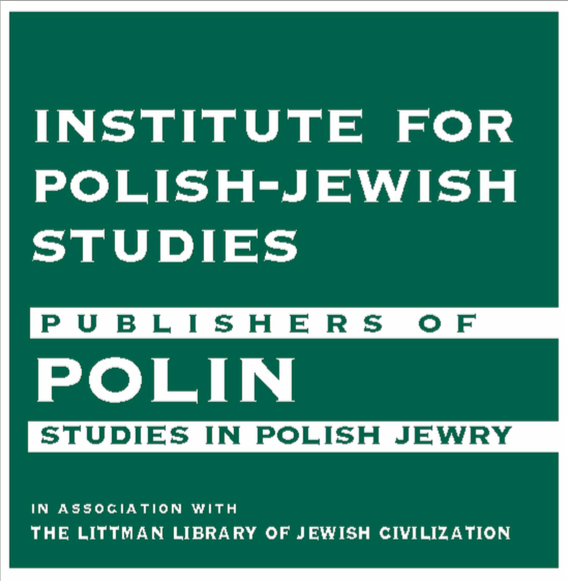30 November – 1 December, 2016
Lithuanian Jewry is heir to a rich linguistic heritage centered around a relationship between Hebrew and Yiddish. Traditionally Hebrew was the language not only of liturgy and sacred texts but also of a large and important body of legal and ethical writings. In the second half of the nineteenth century with the spread of the Jewish Enlightenment, new Hebrew literary genres such as original and translated prose ction and drama, as well as newspapers and other non ction, emerged and grew into a substantial corpus. Lithuanian Hebrew is also an important forerunner of a modern Israeli Hebrew.
Yiddish has likewise occupied a central position as the main spoken language of Lithuanian Jews, as well as the main basis for Standard Yiddish. It is also the vehicle of an extremely diverse and extensive literature including prose ction, poetry, scholarly and political writing, and thriving interwar press. Moreover, the Lithuanian variety of Yiddish exhibits many unique linguistic features, some of which re ect contact with the co-territorial Lithuanian language. Examination of this vibrant linguistic situation provides a fascinating insight into the Lithuanian Jewish cultural legacy.
The programme of the 6th Litvak Days in London event includes an evening of songs and music performed by Polina Shepherd on 30 November at Haldane Room, UCL, followed by a conference on “Jewish languages in the Lithuanian context” on 1 December at the Embassy of Lithuania (Programme details at the link below).
The event is organized by University College London Department of Hebrew and Jewish Studies and the Embassy of Lithuania. The Institute for Polish-Jewish Studies is proud to support this event.
Programme details at
http://bit.ly/2euMS26
Please note: this event takes place at 2 venues
Registration free and open to the public at:
Day 1 http://bit.ly/2ef6GsB
Day 2 http://bit.ly/2eMHDOa
